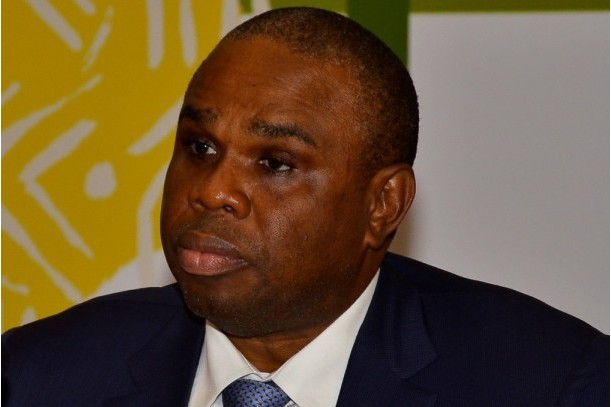Latest News
Afreximbank maintains Baa1 credit rating from Moody’s

News Highlight
Moody’s determines its rating for supranationals based on three criteria: capital adequacy, liquidity, and funding and strength of member support.
The African Export-Import Bank (Afreximbank), Africa’s foremost multilateral trade finance institution, has announced that the global credit rating agency, Moody’s, has maintained its rating at Baa1 in its annual credit analysis, with the outlook categorised as stable.
Moody’s determines its rating for supranationals based on three criteria: capital adequacy, liquidity, and funding and strength of member support.
“Afreximbank is delighted to maintain its positive credit rating from Moody’s, which reflects the Bank’s disciplined approach to its balance sheet and financial health, as well as its capacity to deliver its mandate even in periods of macroeconomic uncertainty and instability,” said Benedict Oramah, President of Afreximbank.
The CEO said the bank’s creative and cautious approach to its own financing – as well as its solid capital base – has enabled it to intervene to help member states’ economies, as a combination of global conflicts, the lingering effects of the pandemic, and increasing global supply chain disruptions threaten the pace and scale of development in Africa.
In June 2023, Fitch Ratings affirmed Afreximbank’s long-term Issuer Default Rating (IDR) at BBB, with a stable outlook. The agency noted Afreximbank’s strong capital and liquidity positions.
Related News
Latest Blogs
- Challenges and opportunities in Nigerian marine fuels market
- The Supreme Court’s decision on applicability of the FOIA to states
- Unravelling Nigeria's investment crisis
- The Lagos mess and continuing failure of citizenship
- On Buhari’s legacy
Most Popular News
- NDIC pledges support towards financial system stability
- Artificial intelligence can help to reduce youth unemployment in Africa – ...
- Flutterwave acquires license for digital payment services in Senegal
- AFC backs Itana’s $100 million digital economic zone project
- FIRS onboards MTN Nigeria on new e-invoicing platform, others to follow
- Equatorial Guinea mandates Afreximbank as advisor on $4.5bn LNG project









